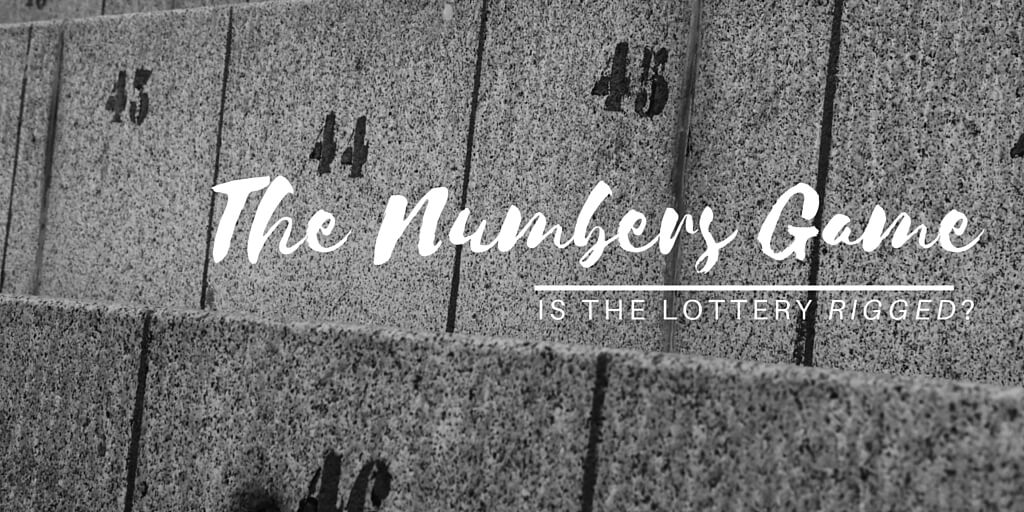A couple weeks ago, a family of eight won one of the biggest lottery prizes in history. How did they arrive at the winning numbers? A dream.
The $429 million Powerball jackpot was one by the Smith family—70-year-old Perlie Smith her seven adult children. After taxes and fees, the family will have $284 million. According to NBC News, it’s the 6th largest win in Powerball history.
For the Smiths, it’s worth noting that their winning numbers were not randomly chosen by the machine.
In a recent CNBC article, “It’s Not a Good Idea to Buy Quick Pick,” data journalist Nicholas Wells writes that it’s impossible to avoid getting duplicates of numbers when you opt for Quick Pick tickets.
Lottery officials, as well as state and federal governments, have a vested interest in giving you duplicate tickets (as those duplicate tickets might decrease your chances of winning or increase your chances of sharing the prize).
Quick Pick gives you a combination of numbers so you don’t have to do the mental legwork of coming up with your own. Wells calls this “lazy” and says that though it’s impossible to avoid getting duplicate numbers (with our without randomized selection), your chances of getting a repeat Powerball ticket increases the more you buy randomized tickets.
As Wells explains, “Powerball works as a drawing of five balls from a bin of 69 white balls and one red ball from a separate bin of 26,” which means that there are nearly 300 million possible combinations.
When people choose their own lottery numbers, they don’t do so randomly. And those numbers are often clustered because people have a tendency to choose from a group of commonly selected numbers (their age, their children’s ages, etc).
Although there are 69 balls in play (ignoring the red Powerball), the winners numbers are typically below 30. “That’s not because those numbers are drawn more, but because people pick them more,” writes Wells. “There are only 12 months in the year and up to 31 days in each month, so people playing birthdays are all clumped together here.”
When you’re buying a Quick Pick ticket, some results might seem more random than others. But this isn’t necessarily true, as our brains are trained to seek out patterns and we might be reading a pattern that may or may not be there.
If you’re playing to win—and, well, who isn’t?—you may want to follow the lead of the Smith family. Sure, not all winning numbers come to you in a dream or a moment of divine inspiration, but even without providential guidance in your favor, you can do like the Smiths and bypass the Quick Pick for your own choice of numbers. Doing this “extra leg work” as Wells calls it might not increase your chances of winning big, but it can at least ensure that you have less of a chance to share the prize. And remember: when you pick your own numbers don’t just go with family birthdays.
No matter what, the odds of winning are tough, which is why the jackpots roll over so often. At the end of the day, there are additional possible combinations of numbers that aren’t reflected on all the tickets sold.
So, to address the bottom-line question here: Is the lottery rigged? Probably not. But maybe so. Some mathematical codes aren’t meant to be cracked; perhaps, they even thrive on illusion—and elusion.

